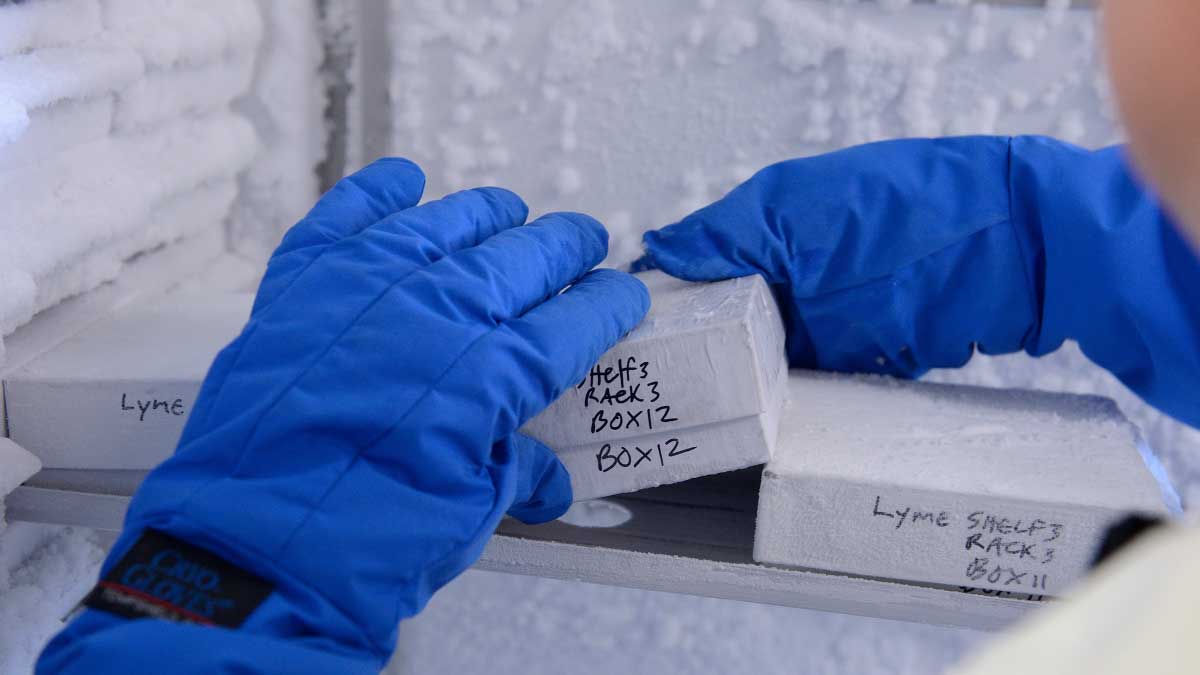
Lyme disease (Borrelia burgdorferi infection) is increasingly recognized as a significant worldwide illness. This study provides insights into important immune mechanisms involved in Borrelia burgdorferi clearance in human Lyme disease.

To our knowledge, this is the first study to explore factors which may contribute to a delay in diagnosis and treatment of Lyme disease. We identified distinct, potentially modifiable risk factors between onset of first Lyme disease symptoms and treatment. Targeting these drivers may reduce time to diagnosis and treatment and reduce the occurrence of late-stage Lyme disease complications.

This is the first study to examine and quantify sleep quality in the context of well-defined early Lyme disease (LD) and post-treatment Lyme disease syndrome (PTLDS). The findings provide support that sleep disturbance should be considered in the clinical picture of individuals with LD. Sleep quality may particularly be poor and associated with the pain experience for individuals with PTLDS. Future research will need to validate and expand upon these findings to investigate sleep quality in individuals exposed to LD who are not well-defined and/or ideally treated.